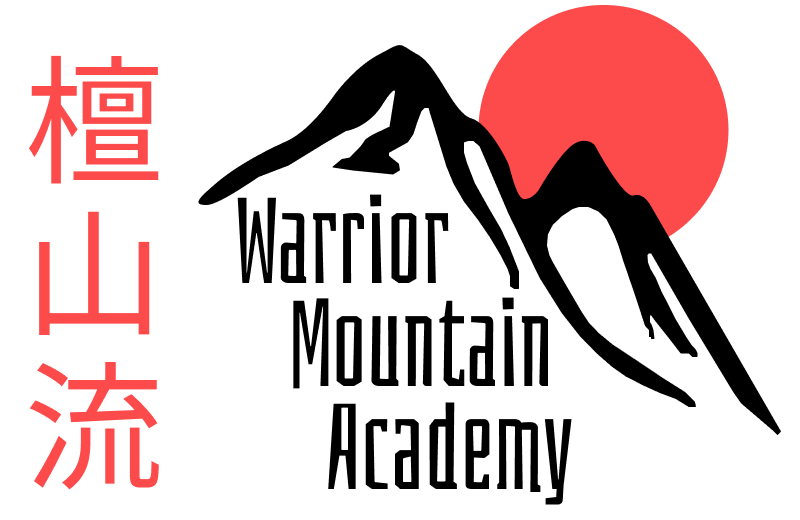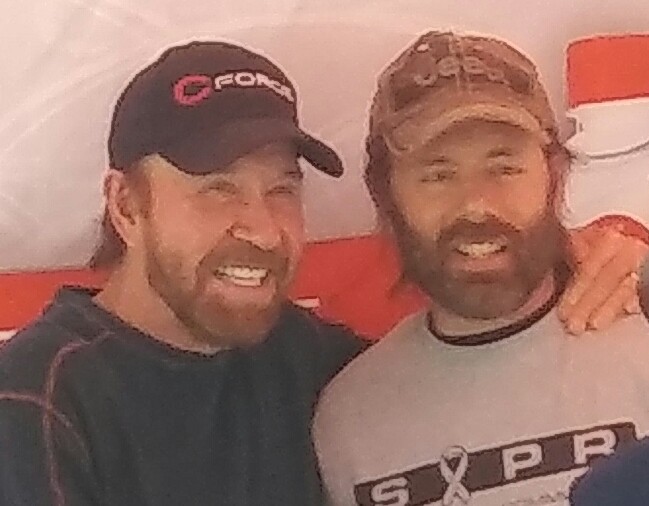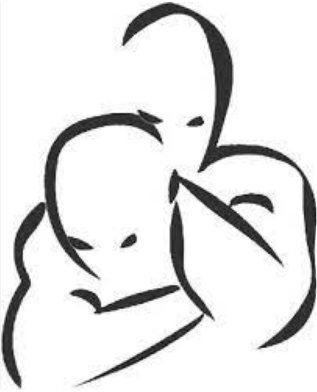The other day while I was at the dojo working on the thermostat (yes, I’m the sensei and the maintenance man), an older gentlemen entered the dojo. I thought maybe he was going to ask me about classes for his grandchildren. Instead, he asked if I’d be interested in having my windows washed for $10. I politely turned down his offer and thought that would be the end of our conversation. However, before I could resume working on the thermostat, he asked, “What martial art do you teach, Comdo?”
“Comdo? I’m not familiar with Comdo. What’s that?” I asked. What I really wanted to say was, “This is a Jujitsu school, just like the sign out front says.”
Well, he apparently didn’t know what Comdo is either, because instead of answering, he quickly changed the subject. (As far as I can tell, Comdo is an organization whose mission is to further TaeKwonDo, a Korean martial art.) He asked if I knew two martial artist friends of his. He said, “Do you know [insert two Japanese-sounding names]?”
I’m used to people asking me if I know their Army friends when they find out I’m in the Army, and their martial arts friends when they find out I study martial arts. Although it’s rare that I know the person, I have on occasion known the person they’re referring to.
Not really wanting to continue the conversation with the older gentlemen any longer than necessary, but not really knowing how to break it off without making it awkward, I asked, “Uh, where would I know your friends from? Are they… from around here?” I asked hesitantly, already knowing the answer.
He explained that they were background fighters in some Bruce Lee movies, and he said, “They are really dangerous men!”
As an Army interrogator and Military Intelligence officer, I pick up on little details that help me vet the person I’m talking to and the credibility of their story. I said, “That’s interesting, since Bruce Lee was Chinese and the names of the men you asked me about are Japanese, and I don’t think Comdo is Chinese or Japanese.”
A very confused look came across his face as he repeated, “So… what martial art do you teach?”
I decided to take the opportunity to steer the conversation toward my philosophy on martial arts. “Just what makes these two Japanese gentlemen dangerous?” I asked.
He proudly replied, “Because of what they’re capable of and the moves they know. They know how to beat people up. They’re great martial artists. They’re really dangerous men. I taught them how to golf, and they taught me some dangerous moves.”
“I teach people how to not fight and why they shouldn’t beat people up, and if these guys really are as good as you say they are, and if they were true martial artists, they wouldn’t be dangerous at all,” I replied. “I frequently rub shoulders with true martial arts masters, and I don’t consider any of them dangerous. Fighting is generally the result of anger, and it requires two egos out of control. When we’re angry, afraid, or filled with hate, we’re usually not in control. The founder of our system, Master Okazaki, said that the primary purpose for the practice of our martial art is for the perfection of character.”
Not knowing what to say, he simply said, “Well, they’re old men now, so they’re not dangerous anymore.”








